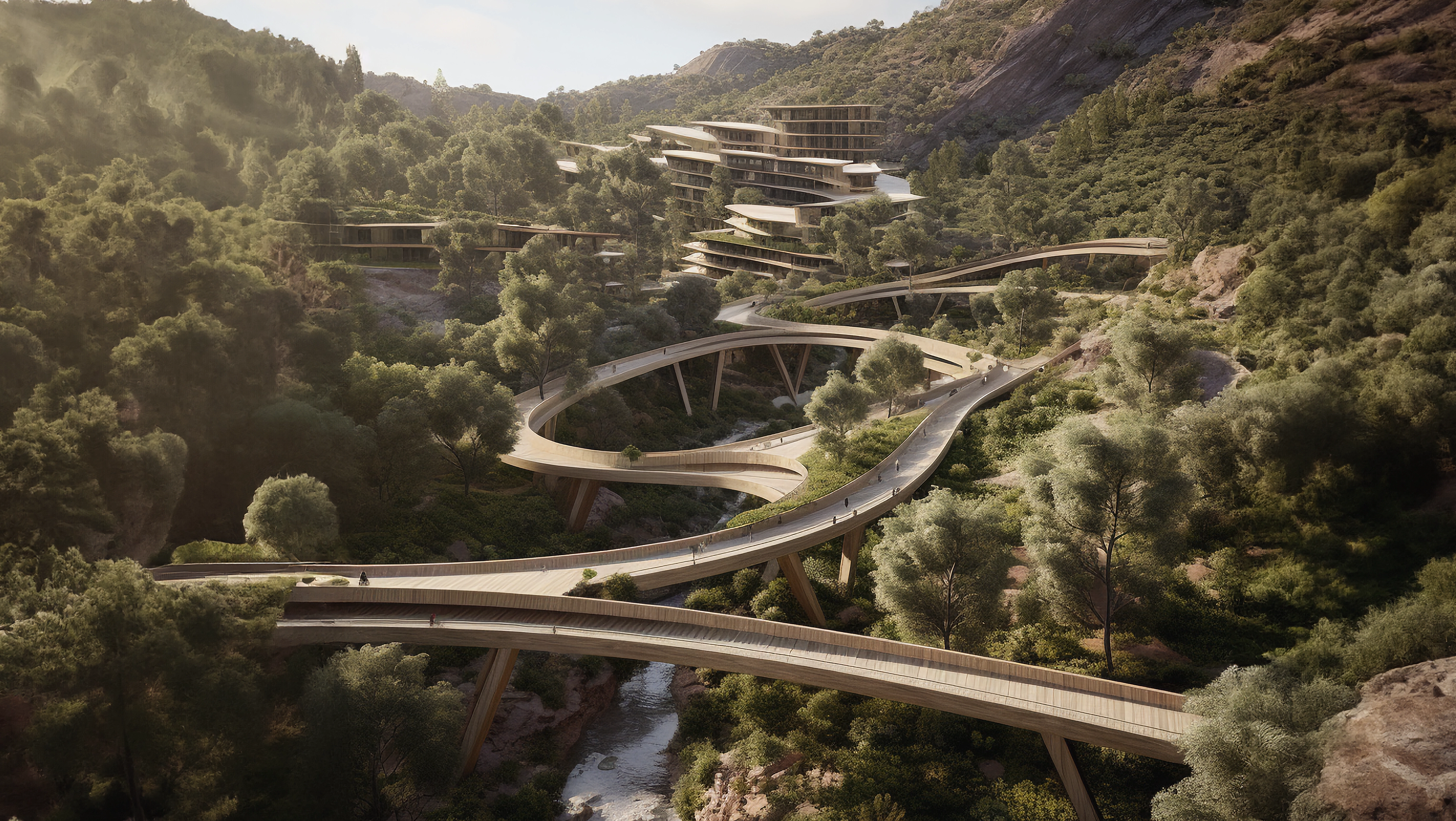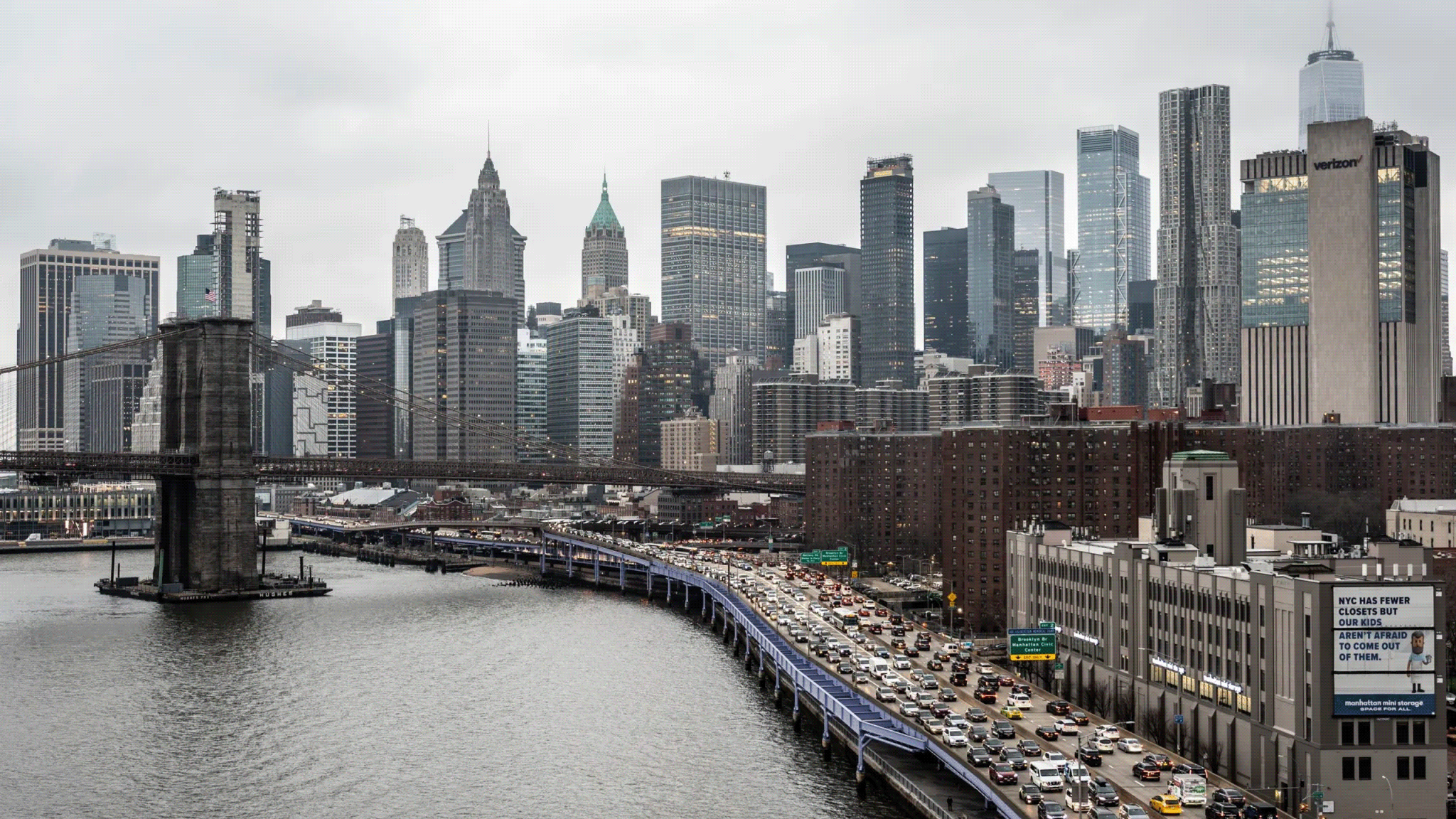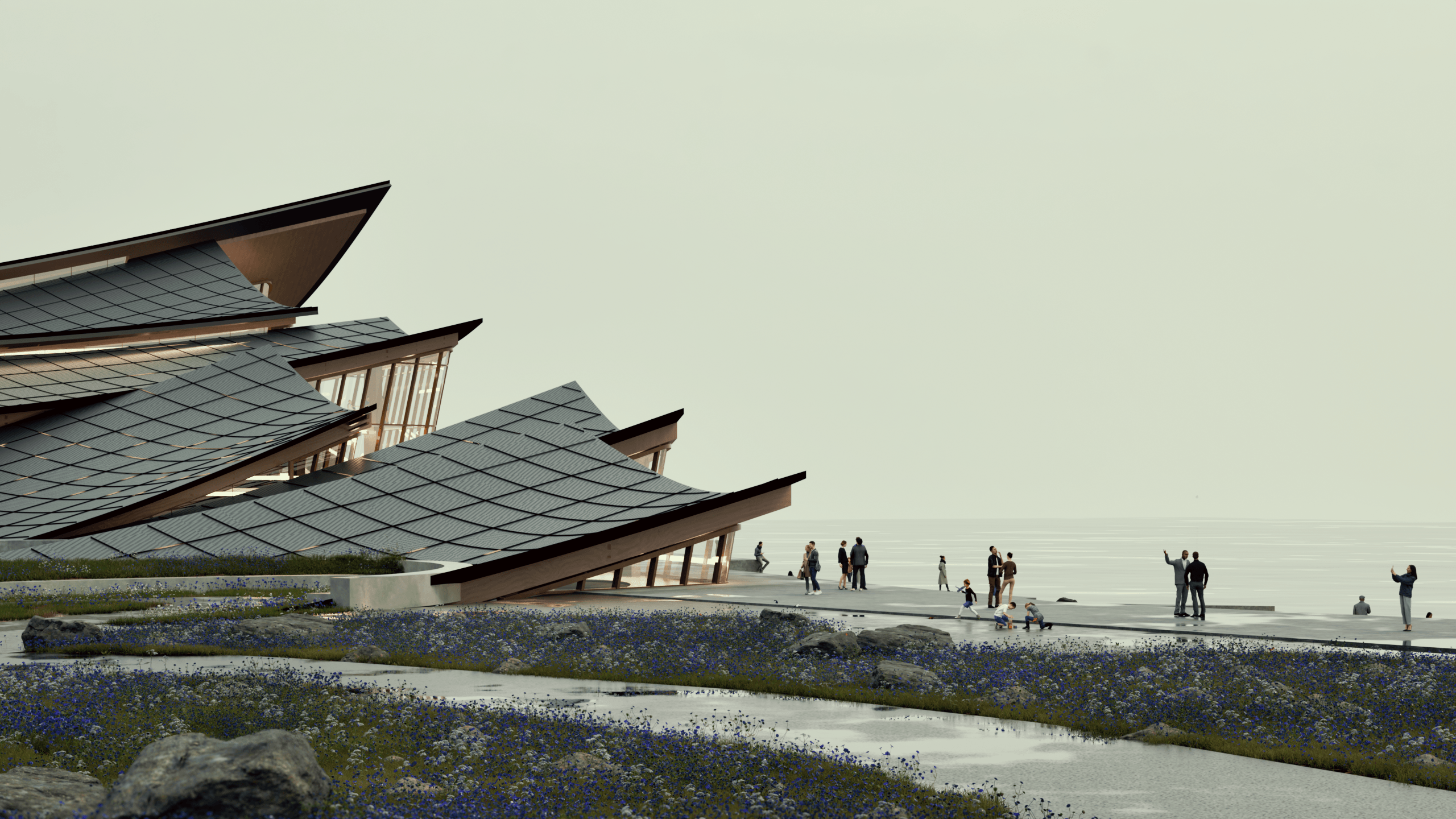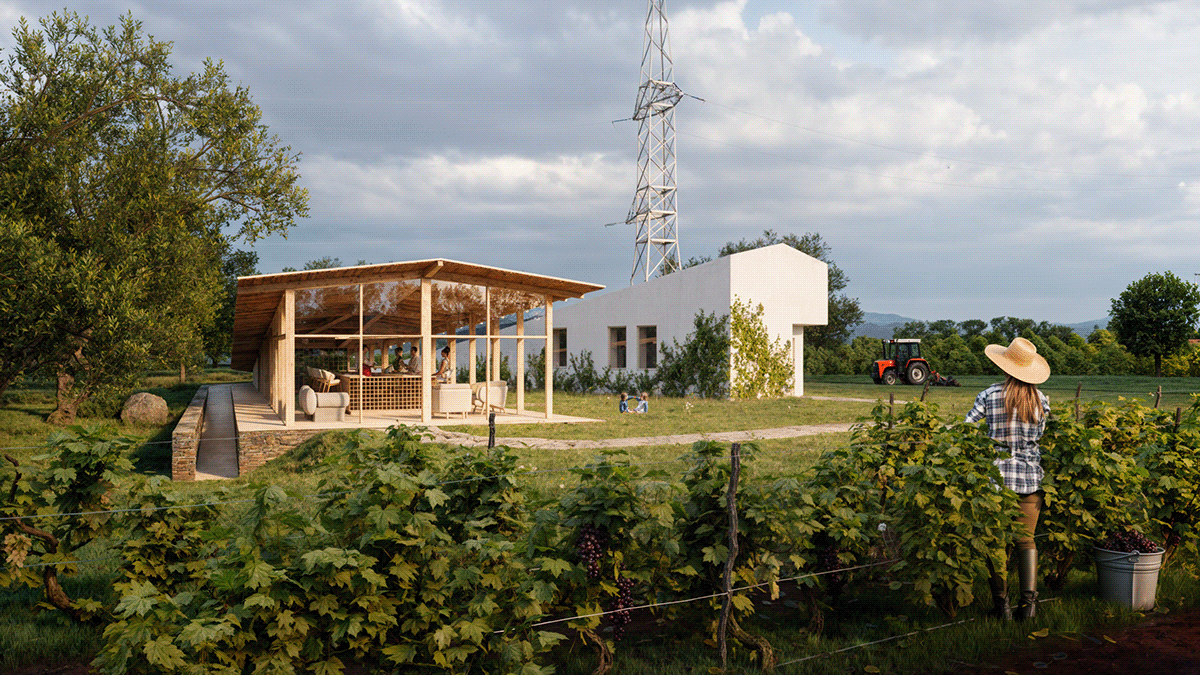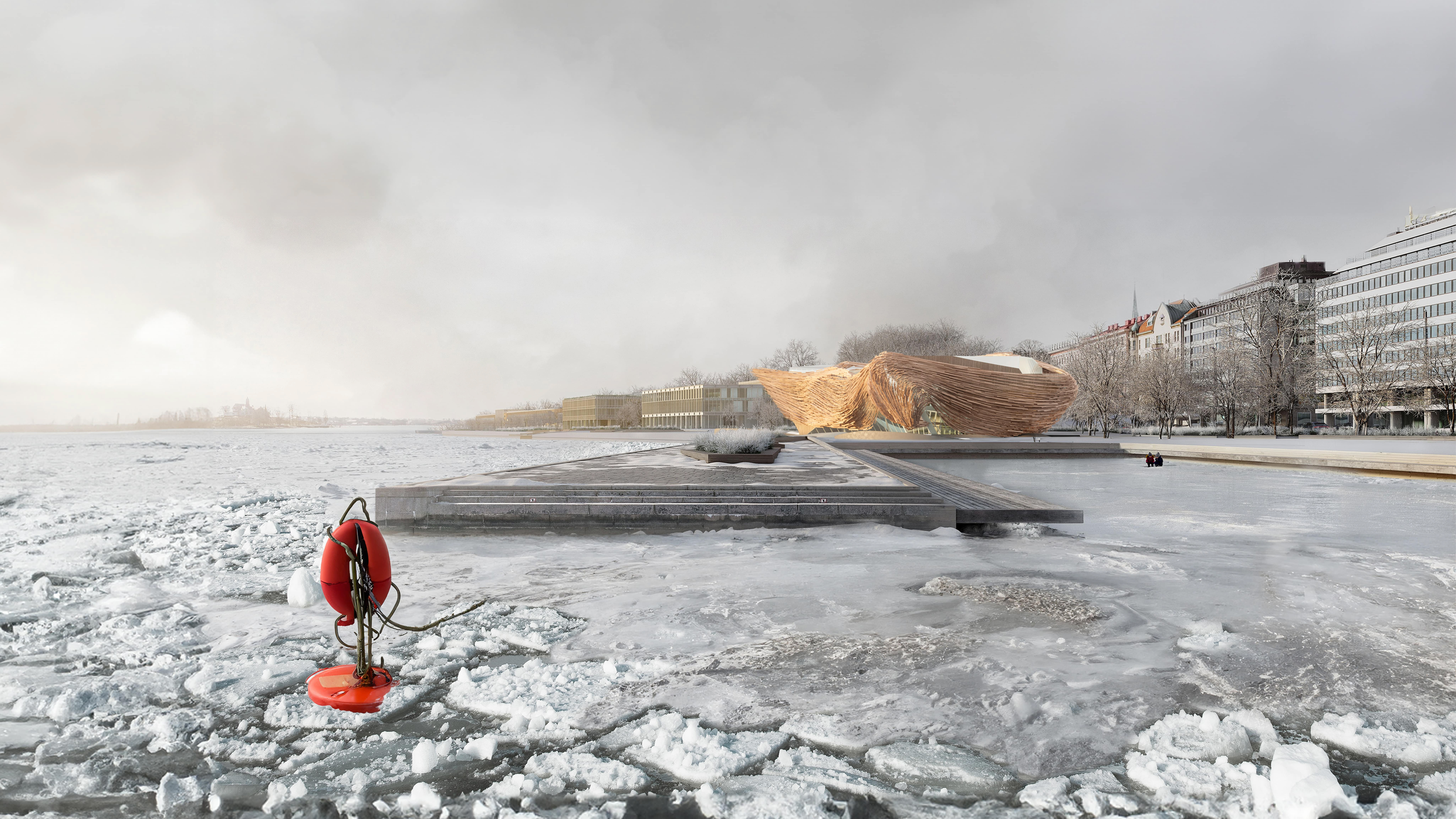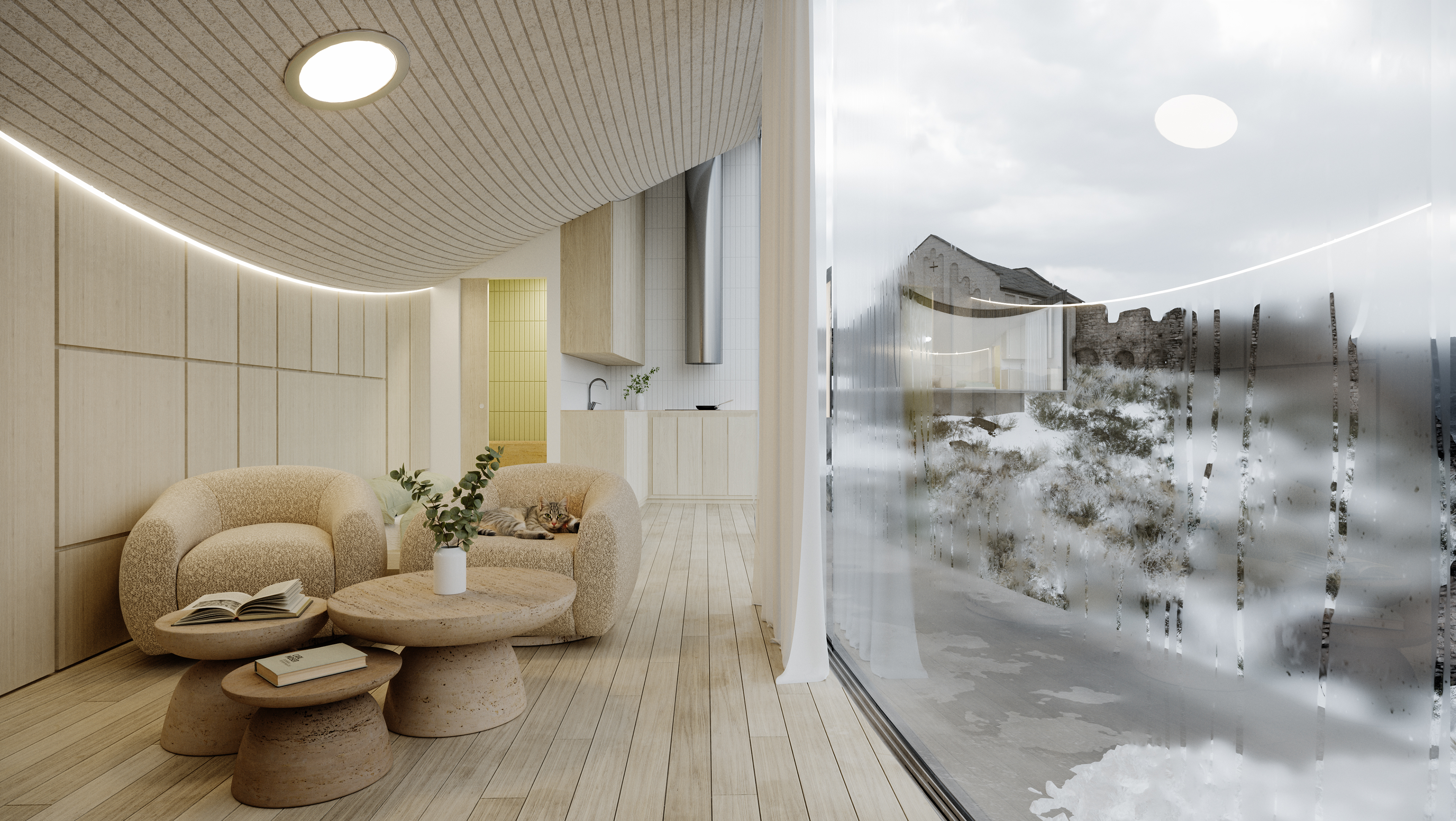Throughout the development of my project, my foremost objective is to cater to the specific needs of local residents, with a keen awareness of the bucolic environment and the lack of essential public services.
Community engagement is pivotal in creating sustainable solutions to Rio’s challenges. Grassroots organizations have demonstrated the power of collective action.
I am committed to ensuring basic amenities not only for the residents of Frades Island but also for Maré, one of Brazil’s largest favelas, taking into account the historical processes that have shaped the local landscape.
The design prioritizes the importance of an accessible construction, utilizing easily obtainable materials that seamlessly blend with the site.
This approach ensures a harmonious integration, considering both the historical significance of the site and the broader ecological context.
Through my project, I not only address immediate needs but also aspire to contribute to a inclusive future for the community.
As I conceptualized the project, I was acutely conscious of the persistent removal of “irregular houses” dating back to the 19th century.
This displacement, stemming from the unsuccessful attempt at “hygienization” in Rio de Janeiro.
Rio’s geography exacerbates its vulnerability to climate change. From low-lying coastal areas to steep hillside favelas, the city’s diverse landscapes shape its exposure to environmental hazards such as landslides, floods, and rising sea levels.
Informal settlements — home to nearly a quarter of Rio’s population — face acute risks due to inadequate infrastructure, deforestation, and limited access to basic services. For instance, favelas like Rocinha and Vidigal are particularly prone to landslides.
Environmental degradation, including untreated sewage and industrial waste in Guanabara Bay, disproportionately impacts marginalized communities. These populations face health risks from waterborne diseases and air pollution, further entrenching cycles of poverty.
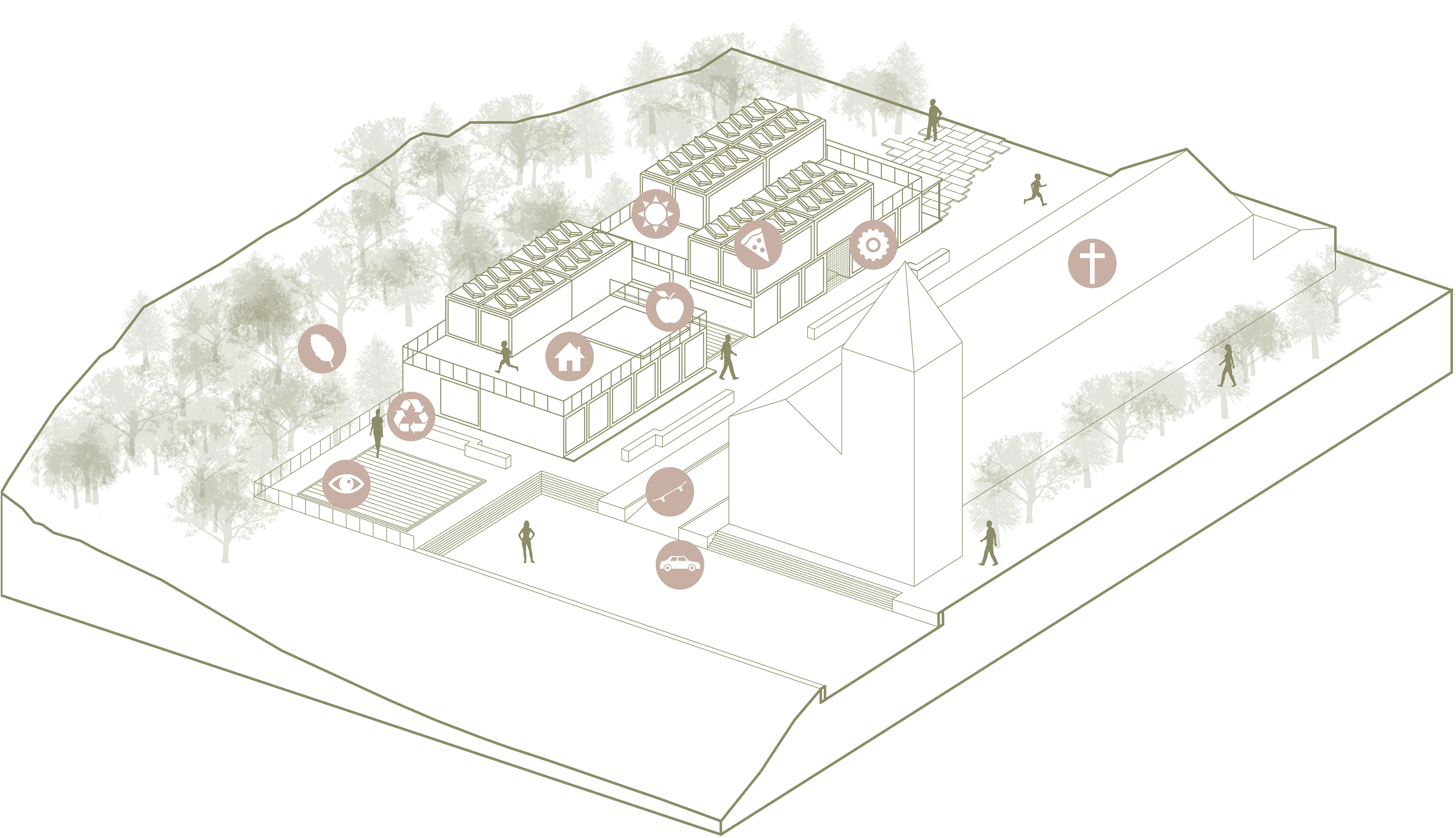
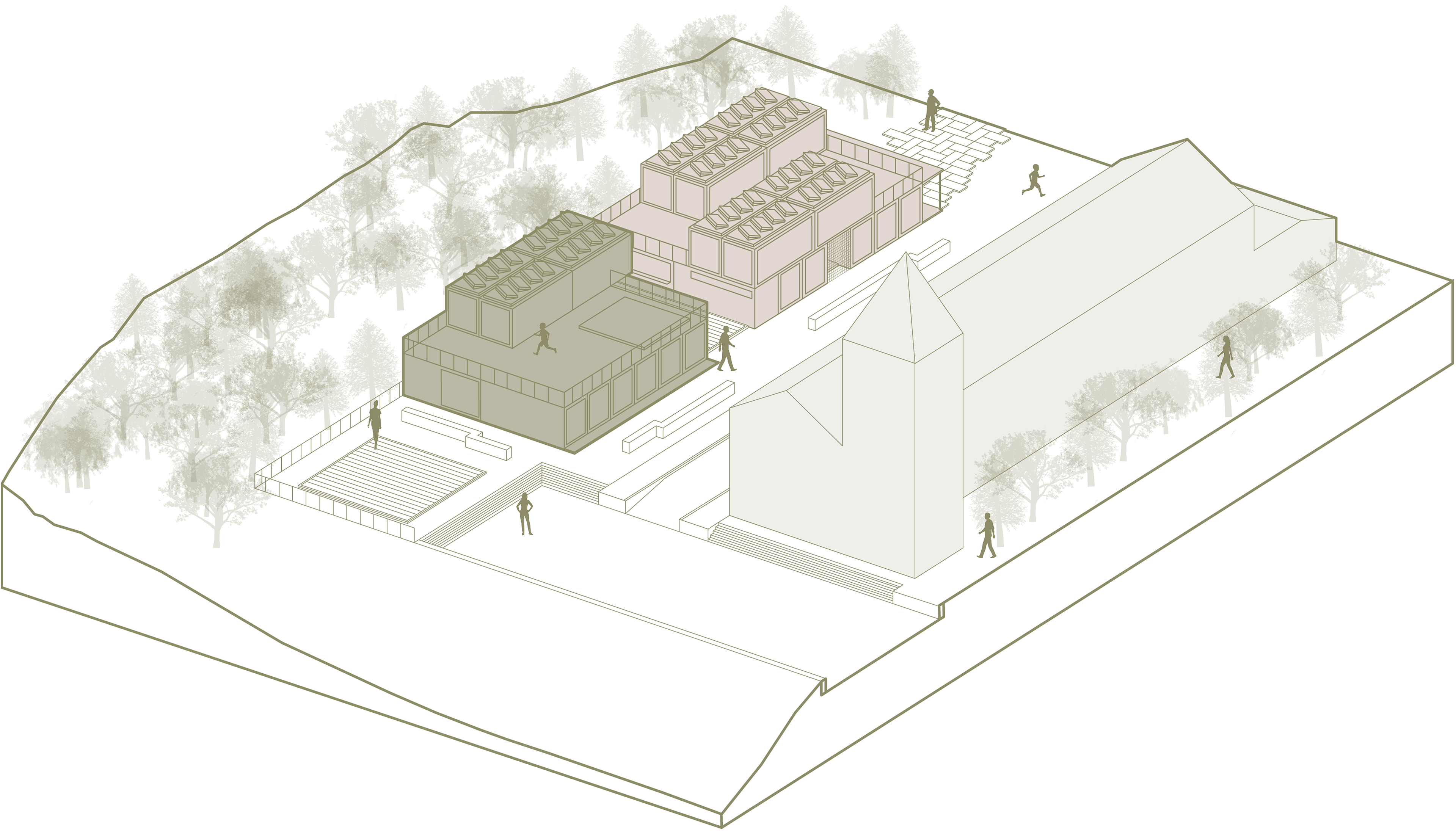
Income inequality and systemic discrimination, particularly environmental racism, remain critical barriers to equitable climate adaptation in Rio de Janeiro. Wealthier areas of the city continue to benefit from resilient infrastructure, long-term planning, and political attention, while favelas face chronic neglect and lack basic amenities such as sewage networks, reliable drainage, and waste management.
